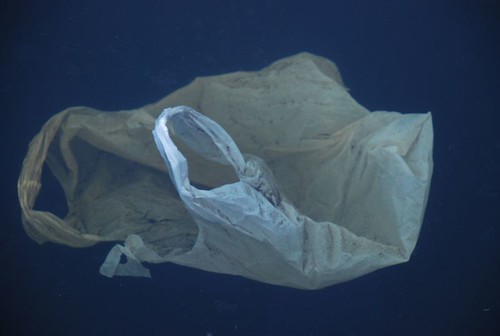Many of us are thinking through the implications of greener supply chains.
Al has been giving it some lately, for example, with his thoughts on the Carbon Added Tax. Over at SAP Research Andreas Vogel is leading the charge. IBM is doing some solid work here, as is BT. But we’re beginning to see a potential backlash, based on the Greens are Dreamers frame. The argument is that green thinking and approaches will be jettisoned as economic conditions toughen. But is that necessarily the case? Jason Busch from SpendMatters nails it in a post entitled How Will Green / Sustainable Procurement Play in a Recession?
While it would be easy to dismiss green and sustainable procurement practices as a luxury for companies to invest in when times are good, I actually believe that they could help organizations to buoy their top lines and pull up from a spiraling downturn or period of contraction. Whether it’s better marketing the benefits of green supplier practices to customers to spur pent-up demand or making investments in supplier development initiatives which reduce unnecessary packaging, supplier-focused sustainability initiatives have the potential to drive sales and reduce cost.”
I hold a similar line: it seems daft to argue, as the Bush Administration repeatedly has, that efficiency efforts harm economies. Efficiency can help you cut cost, even if (especially if?) its energy costs we’re talking about. Jason gets some great comments on his post. For actionable advice why not try Paul Gooch’s suggestion:
A former employer of mine ran an internal initiative called WRAP…waste reduction always pays. This applies as much to purchasing as any functional activity. The benefits go straight to the bottom line, and in the process you reduce your energy usage, carbon footprint, etc
But Lisa Reisman really distills the arguments to 100% proof: “green is a form of lean”. Thinking about carbon consumption is not just protectionist sabre-rattling: its an efficiency argument. It strikes me at the moment many economists and business commentators just aren’t thinking through their positions. We’re seeing rhetoric as the primary argument. Greens are luddites. Localisation means a return to the stone age. And so on. Green is a form of lean.
The implications for software and services companies are clear – keep investing in Green, recession or not. You can always change your marketing to read “cost-cutting”. If however you’re relying on a return to abundance as a primary planning assumption you could be in major trouble. Spend matters green or not.





